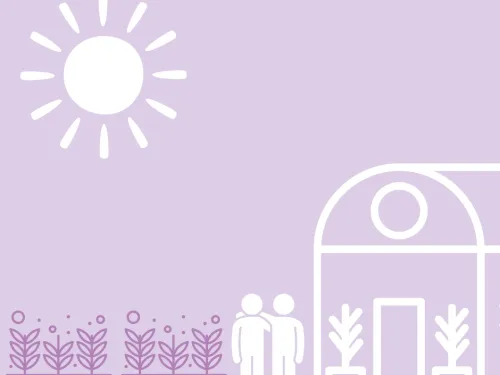
Sustainable food growing
On this page you'll find useful tips on how to grow food in ways that help your community and the biodiversity around it
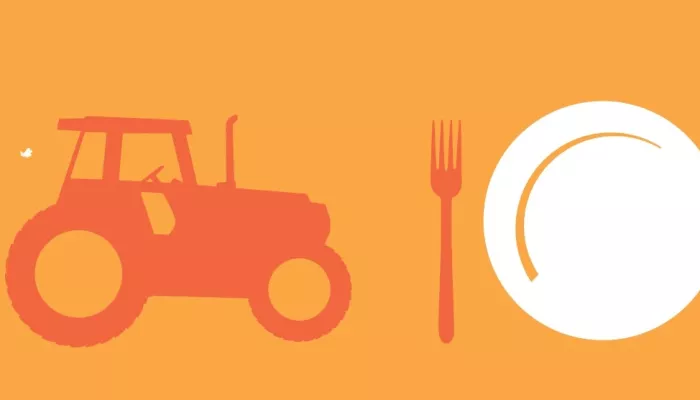
Buy local produce, eat more plant-based foods and reduce your food miles to shrink your environmental footprint.
If all our food came from within 20km of where we live, we could save £1.2 billion every year in environmental and congestion costs. And that’s just from food shopping, what about the other products we so often fill our baskets with?
Buying locally means our products don't have to travel as far. Food products in our aisles are often transported to us via air, sea or land and the journeys use enormous amounts of fossil fuels. But it’s not just transport that can be reduced by buying local produce. The fact that food can be transported and stored more easily often means less plastic packaging is used to keep food fresh and saleable. Plastic is made of fossil fuels, and less plastic packaging means less waste getting into our seas and harming our wildlife.
Buying local often means that you'll also be buying more seasonal produce, which is often tastier too!
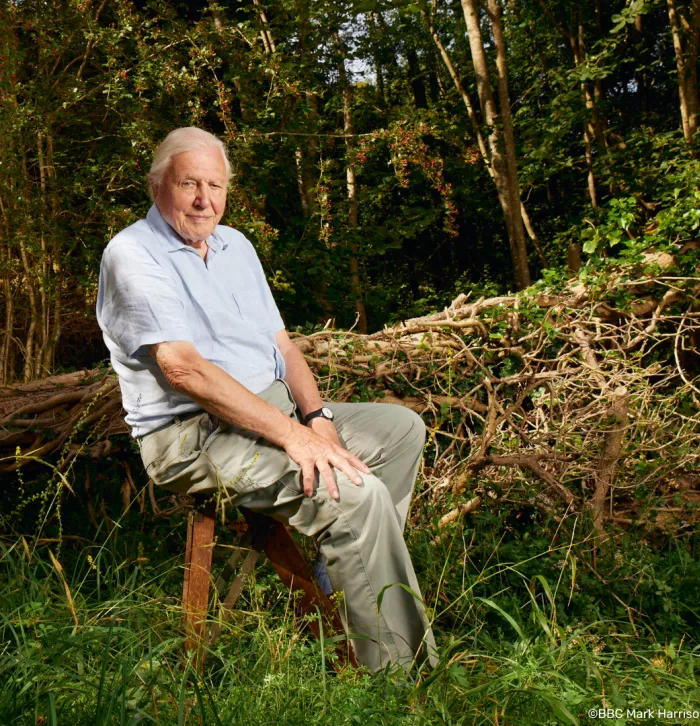

On this page you'll find useful tips on how to grow food in ways that help your community and the biodiversity around it
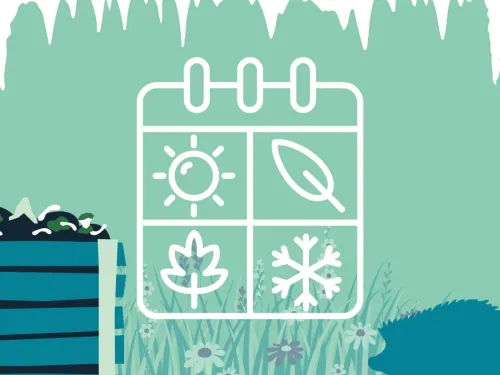
In this page you'll find an array of information to how to best help wildlife over the changing seasons each year
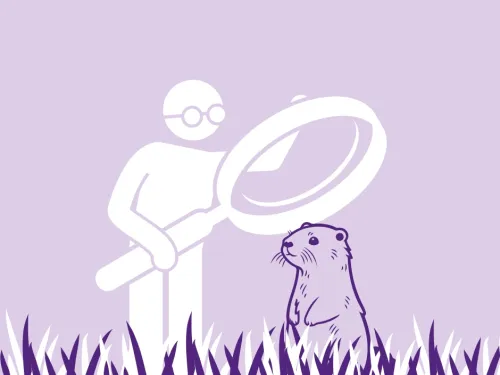
On this page you'll find exciting information on getting involved with citizen science project in your own home and community
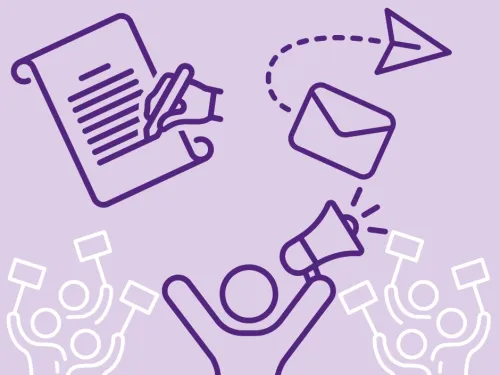
On this page you'll find useful information on how to take environmental action from home and in your community
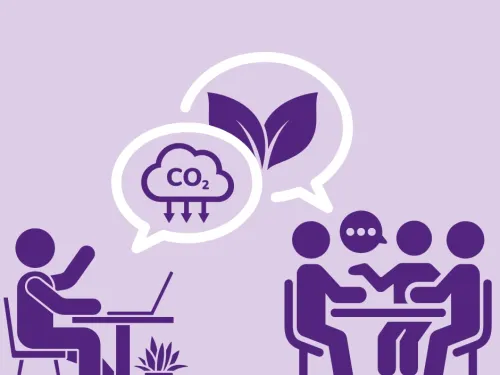
On this page you'll find useful information on how to reach out to others about nature & the environment
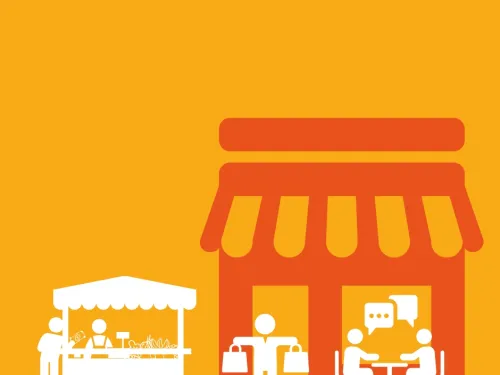
On this page you'll find excellent tips on how to shop sustainably and be mindful of what you're eating